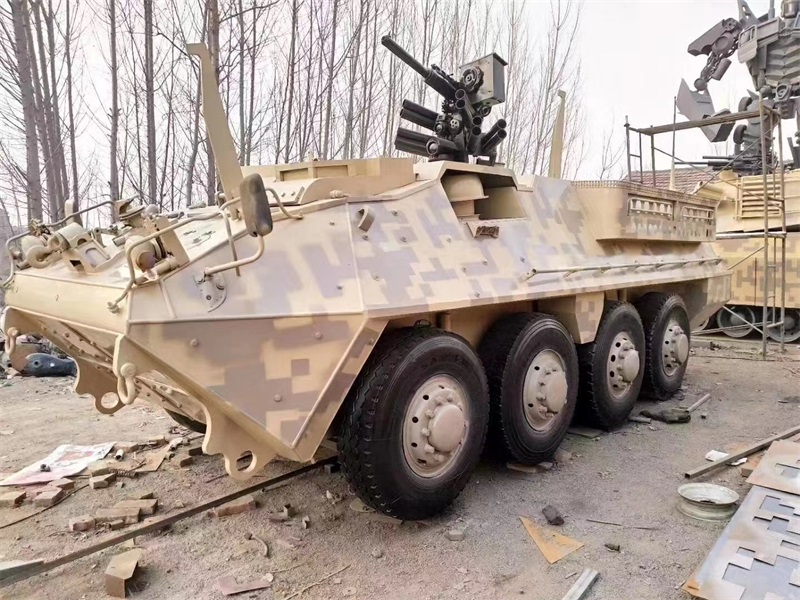波音飛機和空客飛機在設計和制造風格、飛機系列、機身材料、操控界面、系統架構以及市場份額等方面都存在顯著的差異。
There are significant differences between Boeing and Airbus aircraft in design and manufacturing styles, aircraft series, body materials, control interfaces, system architecture, and market share.
一、設計和制造風格
1、 Design and Manufacturing Style
波音和空中客車在飛機設計和制造上有不同的風格和哲學。波音通常采用較為傳統的設計和制造方法,注重飛機的性能和操作靈活性,強調飛行員的飛行技能。而空中客車則傾向于使用現代化的設計和制造技術,注重自動化和航電系統,強調航空公司的經濟性和舒適性。
Boeing and Airbus have different styles and philosophies in aircraft design and manufacturing. Boeing typically adopts more traditional design and manufacturing methods, emphasizing aircraft performance and operational flexibility, and emphasizing pilot flight skills. Airbus, on the other hand, tends to use modern design and manufacturing technologies, emphasizing automation and advanced avionics systems, emphasizing the economy and comfort of airlines.
二、飛機系列
2、 Aircraft series
波音和空中客車都生產多種飛機系列,以滿足不同市場和客戶需求。波音的系列包括737、747、777和787等,而空中客車則以A320、A330、A350和A380等系列為主。

Boeing and Airbus both produce a variety of aircraft series to meet the needs of different markets and customers. Boeing's series includes 737, 747, 777, and 787, while Airbus mainly features A320, A330, A350, and A380 series.
三、機身材料
3、 Body material
波音和空中客車在飛機機身的材料選擇上也有不同。波音在其一些機型中使用了的傳統鋁合金材料,而空中客車則在其一些機型中采用了的復合材料,如碳纖維增強聚合物(CFRP)。
Boeing and Airbus also have different material choices for aircraft fuselages. Boeing uses traditional aluminum alloy materials in some of its aircraft models, while Airbus uses composite materials such as carbon fiber reinforced polymer (CFRP) in some of its aircraft models.
四、操控界面
4、 Control interface
波音和空中客車的飛機在操控界面上也存在差異。波音的飛機通常采用機械化的控制界面,例如操縱桿和機械化儀表盤,而空中客車的飛機則加傾向于數字化和電子化的控制界面,例如側桿和電子化儀表盤。
There are also differences in the control interface between Boeing and Airbus aircraft. Boeing's aircraft typically use mechanized control interfaces, such as joysticks and mechanized instrument panels, while Airbus's aircraft tend to have digital and electronic control interfaces, such as sidesticks and electronic instrument panels.
五、系統架構
5、 System architecture
波音和空中客車的飛機在航電系統架構上也存在差異。波音通常采用分散式架構,將不同系統獨立設計和集成,而空中客車則傾向于集成式架構,將不同系統整合到共享的數據網絡中。
There are also differences in the avionics system architecture between Boeing and Airbus aircraft. Boeing typically adopts a decentralized architecture that designs and integrates different systems independently, while Airbus tends to adopt an integrated architecture that integrates different systems into a shared data network.
六、市場份額
6、 Market share
波音和空中客車在全球航空市場上的市場份額也有所不同。波音在北美市場占據較大份額,而空中客車在歐洲市場占據較大份額,并在全球范圍內具有較大的市場份額。
Boeing and Airbus also have different market shares in the global aviation market. Boeing holds a significant share in the North American market, while Airbus holds a significant share in the European market and has a significant global market share.
總的來說,波音和空客飛機的差異主要體現在設計理念、飛機系列、材料選擇、操控界面、系統架構以及市場份額等方面。這些因素共同決定了每種飛機各具特色,各有其優勢和應用領域。
Overall, the differences between Boeing and Airbus aircraft are mainly reflected in design concepts, aircraft series, material selection, control interfaces, system architecture, and market share. These factors collectively determine that each aircraft has its own characteristics, advantages, and application areas.
